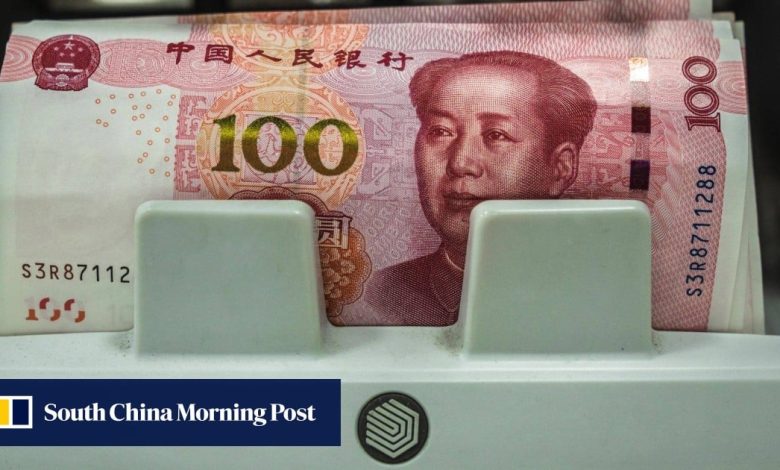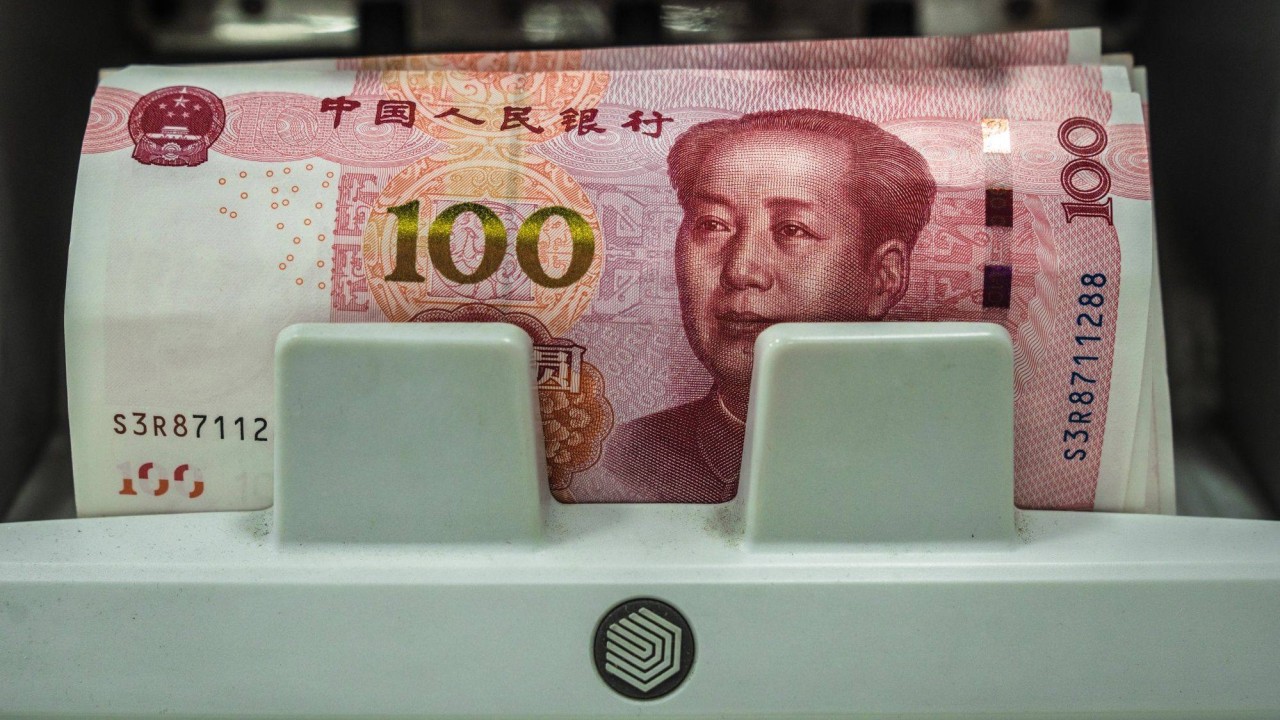As mainland China broadens yuan’s global appeal, Hong Kong may play larger role


“We need to proactively use the current window of de-dollarisation and emphasise the stability and low interest rates of our currency to increase the yuan’s share in global trade,” said Chen Zhaojing, a professor in finance at the university.
“We should also deepen reforms in the capital market, boost the development of the bond market, loosen limitations on financing for bonds and expand the size of Hong Kong’s role as an offshore yuan centre,” she said in a presentation for the report on Sunday.
While Hong Kong has long been the biggest offshore clearing centre for the yuan – the mainland’s currency, also known as the renminbi – under present geopolitical and economic conditions, Beijing may see a ripe opportunity for the yuan’s internationalisation.
“As more geopolitical conflicts [appear], there has been an increase in the number of countries and companies that are willing to clear and trade with renminbi. This has led the renminbi to become a new risk-mitigating currency,” Chen said.
“With Hong Kong offering top-tier financial products and institutions, international investors could invest in [mainland] China’s financial market through Hong Kong and would be able to avoid US sanctions.”
This expansion of the city’s role as a conduit for yuan transactions would also fill a need for new emerging industries, she said, and induce a positive cycle in the development of financial technology.
Already the world’s biggest market for the offshore yuan, Hong Kong processes nearly 80 per cent of settlements involving the currency worldwide. The city had around 1.1 trillion yuan (US$151.7 billion) in offshore deposits as of May, according to data from the Hong Kong Monetary Authority (HKMA), its de facto central bank.
The People’s Bank of China – the mainland’s central bank – has been issuing Renminbi Sovereign Bonds via the HKMA. The yuan-denominated bonds distributed through this mechanism between January and August 2023 exceeded the total issuance in 2022, said Renmin University’s report.
If the pool of capital becomes too big, there could also be bigger systemic financial risk
“As the internationalisation of the yuan continues to take place, it is likely that Hong Kong’s pool of yuan would also continue to grow … if the pool of capital becomes too big, there could also be bigger systemic financial risk,” Chen said.
“Hong Kong needs to carefully consider the balance between managing an appropriate share of the offshore yuan pool and the security and stability of its financial market.”
While the yuan has had an increased presence in overseas trading, its use in global finance remains low compared to the US dollar and euro.
International transactions involving the yuan rose from less than 2 per cent of the total in February 2022 to 4.7 per cent this March, according to the Society for Worldwide Interbank Financial Telecommunication.

